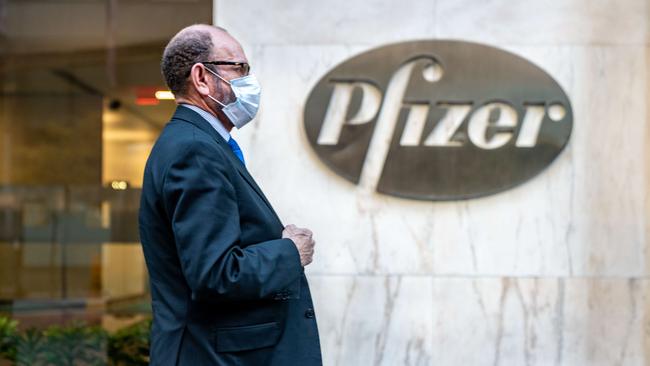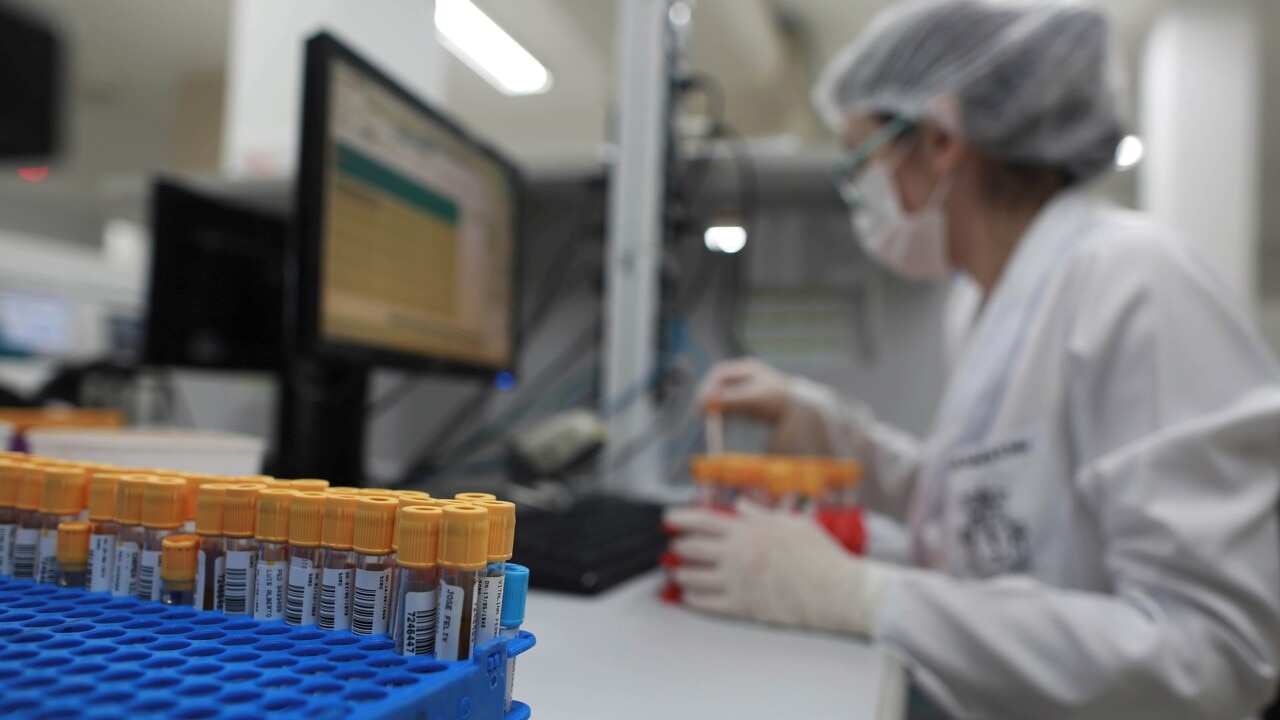Coronavirus: Pfizer vaccine’s logistical hurdles
Experts have warned that its introduction could be slowed by the need for specialised equipment.

The Pfizer vaccine will need to be stored at ultra-cold temperatures and experts have warned that its introduction could be slowed by the need for specialised equipment.
The vaccine, which is made of a type of genetic material known as mRNA, has produced highly encouraging results in final trials. However, it must be stored at minus 70C until the day it is used, a temperature far out of the reach of standard refrigerators. The requirements may make holding vaccinations in GP clinics, care homes and other locations difficult, experts said.

The doses will be brought to the UK from a manufacturing facility in Belgium and the military is expected to be called in to help with distribution, although that could be limited.
Pfizer has designed a suitcase-sized container to keep the doses at minus 70C for up to ten days. Each container holds between 1000 and 5000 doses that are packed with dry ice. However, there are rules on how the containers can be used. After Pfizer delivers them, they must be repacked with fresh dry ice within 24 hours. After that they can only be opened for a minute at time and not more than twice a day, according to leaked Pfizer documents.
“Some of the vaccine candidates under development, specifically the RNA vaccine candidates, require a very challenging cold chain,” Rongjun Chen, a reader in biomaterials engineering at Imperial College London, said. “Any break of the cold chain can considerably reduce vaccine potency.”

Kate Bingham, chairwoman of the government’s vaccines taskforce, said last week that up to ten million doses of the Pfizer vaccine could be available by January but cautioned that providing it would be challenging. “[mRNA vaccines] may be relatively straightforward to manufacture initially but the cost of deployment and the complexity of deployment is very high. We have to find better vaccine formats,” she said.
After being transported and held in storage the Pfizer vaccine can last for only about 24 hours at “normal” refrigerated temperatures, Dr Chen said.
The Times






To join the conversation, please log in. Don't have an account? Register
Join the conversation, you are commenting as Logout